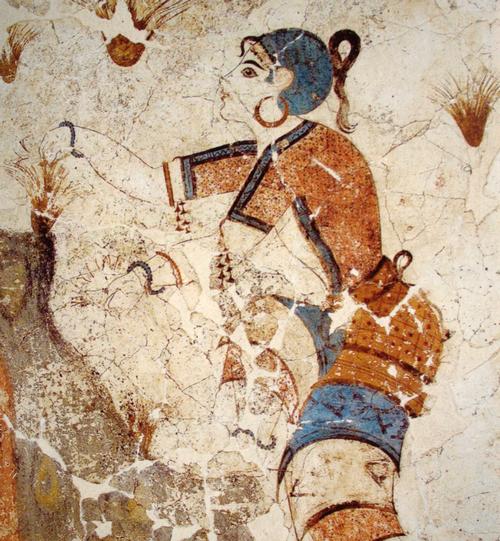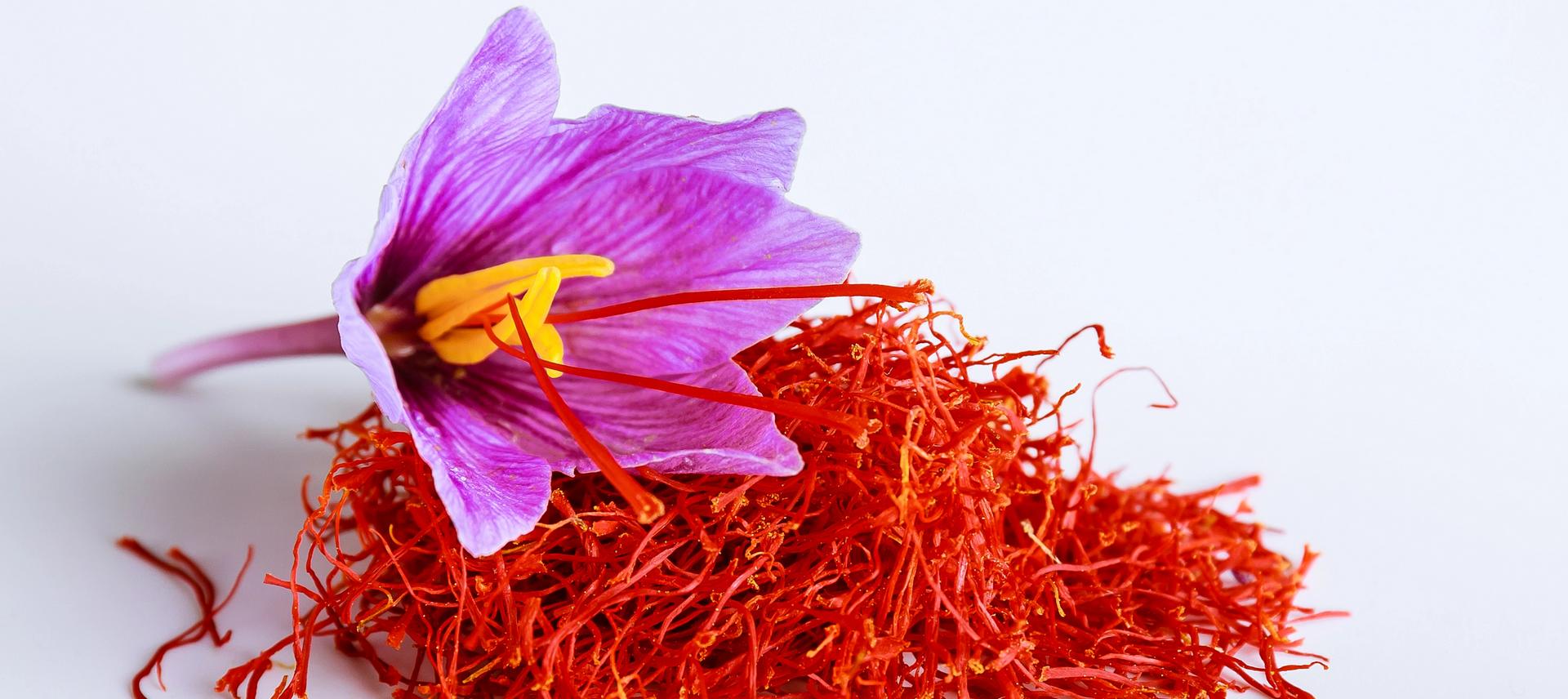saffron in the Bible
also known as: saffron crocus
Hebrew: כַּרְכֹּם —transliteration: karkom —Persian: زعفران (za'farān) —meaning: gold strong, referring to the crocus —occurrences: 1 in Song of Songs
This word is mentioned only in Song of Songs 4:13-14, the Crocus sativus. Many species of the crocus of this perennial are found in the Land of Israel.
The pistils and stigmata, from the center of its flowers, are pressed into “saffron cakes,” common in the Middle East. Saffron was, and still is, a luxury item. It was grown in Persia, Israel, Greece, North Africa, Eurasia, Kashmir (India), etc.
It has been used and traded for thousands of years, and has long been the world’s most expensive spice by weight.

Harvesting is labor intensive with each flower providing only a tiny amount of stigma. 150 flowers yield about 1 gram (1⁄32 oz).
Saffron was used in foods, perfumes, medicines, and fabric dyes.
Crocus cartwrightianus is called “wild saffron” and may be the original source of Crocus sativus.
“We found saffron a very useful condiment in traveling cookery, a very small pinch of it giving not only a rich yellow color but an agreeable flavor to a dish of rice or to an insipid stew.” —Dr. Henry Baker Tristram, The Natural History of the Bible (London: 1867)
More information
- SPICES—What does the Bible say about them?
- FOODS of the Bible
- AGRICULTURE in the Bible
- About EATING in the Bible
- PLANTS of the Bible
- What is the SONG OF SOLOMON (Song of Songs)?
